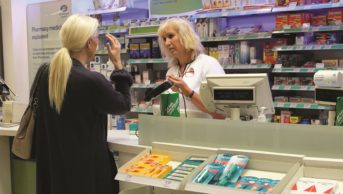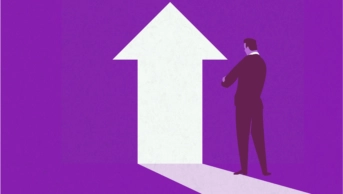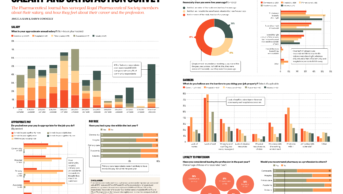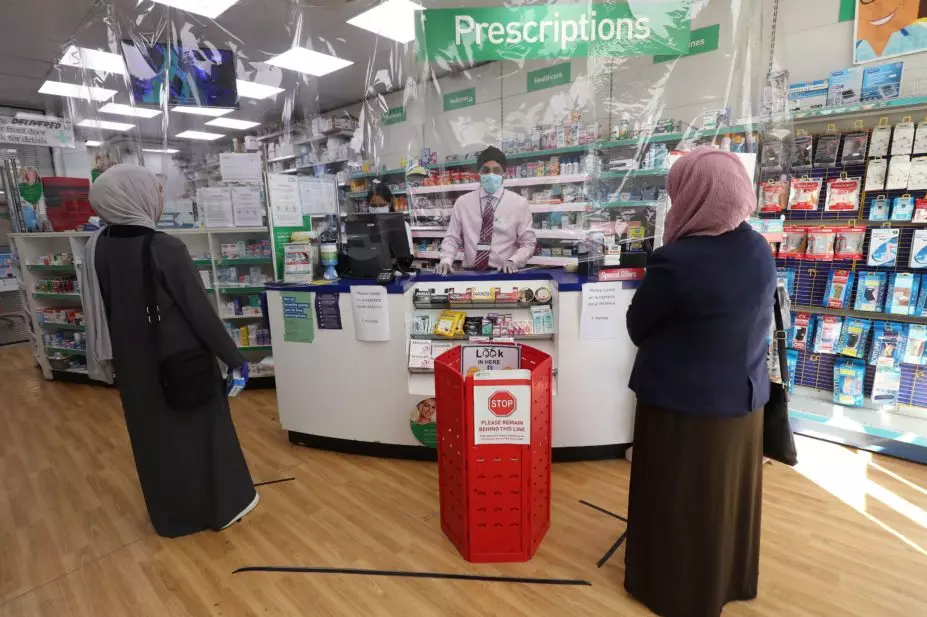
PA Images / Alamy Stock Photo
Open access article
The Royal Pharmaceutical Society has made this article free to access in order to help healthcare professionals stay informed about an issue of national importance.
To learn more about coronavirus, please visit: https://www.rpharms.com/resources/pharmacy-guides/wuhan-novel-coronavirus
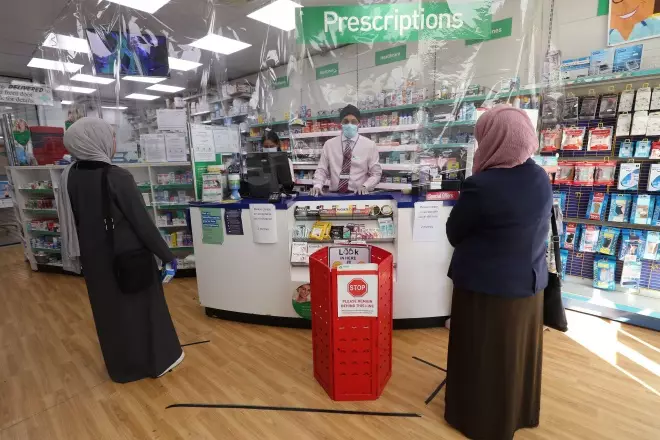
Source: PA Images / Alamy Stock Photo
More than 60% of pharmacists said they did not receive extra pay for working longer hours during the COVID-19 pandemic
More than half of pharmacists have said that they worked extra hours during the peak of the COVID-19 pandemic, yet nearly two thirds of those said that they were not paid for this additional time at work.
The Pharmaceutical Journal’s salary and job satisfaction survey 2020 asked 1,228 pharmacists working across a range of sectors whether their working hours have increased, decreased or stayed the same during the coronavirus pandemic.
Overall, 56% (685) of pharmacists said their hours increased, while 40% (489) said they stayed the same and 4% (54) said their hours decreased.
On the front line, the figures were most stark in community pharmacy, with 64% (289) of pharmacists working increased hours. Some 55% (232) of hospital pharmacists also worked overtime, alongside 35% (58) of pharmacists in primary care networks (PCNs) or general practice.
Half (50%) of the 70 respondents based in industry also put in extra time at work.
The survey then asked whether pharmacists have been paid for the extra hours worked during the pandemic.
Of the 1,195 responses to the question, 62% (738) of pharmacists said they did not receive extra pay for working longer hours.
Some 69% (108) of PCN and general practice pharmacists and 60% (245) of hospital pharmacists said they were not paid for the additional hours worked. However, responses were evenly split in community pharmacy, with 50% (224) receiving extra pay and 50% not being paid extra.
Sandra Gidley, president of the Royal Pharmaceutical Society, said: “Our profession has worked tirelessly to support public health and will continue to play an integral role on delivering NHS services in the future.
“These findings highlight just how hard pharmacists have worked during the COVID-19 crisis and they, along with other health professionals, deserve to be recognised for their role.”
Paul Day, director of the Pharmacists’ Defence Association (PDA) and PDA Union, said that “social distancing and cleaning between one patient and the next now means that many activities require more time than normal: hence more time is needed to see the same number of patients”.
Measures to restrict access to GP practices and hospitals have also “created an increased demand in community pharmacy”, he said.
But Day added that the “dedication to patients shown by healthcare professionals should not be used as an excuse not to pay them for their extra time”.
”Where overtime is necessary, either additional pay at agreed rates, or a mutually agreed period of alternative time off in lieu of extra time worked should be arranged. Employers would be quick enough to act if they thought the pharmacists they employ were doing less than their contractual hours, so the same level of awareness should be applied by those same managers when pharmacists are doing more hours than they are currently paid to do,” he said.
DISCLAIMER:
The Pharmaceutical Journal salary and satisfaction survey 2020 included 1,451 pharmacists and was analysed by independent academic statisticians at the University of Aberdeen. In the survey, community pharmacists were under-represented compared with all Royal Pharmaceutical Society members (35% vs. 50%). Hospital and primary care pharmacists were over-represented (33% vs. 23% and 13% vs. 6%, respectively). Industry pharmacists were slightly over-represented (5% vs. 6%), while academic pharmacists were roughly comparable (3% vs. 3%). The results displayed are for non-locum pharmacists only.
